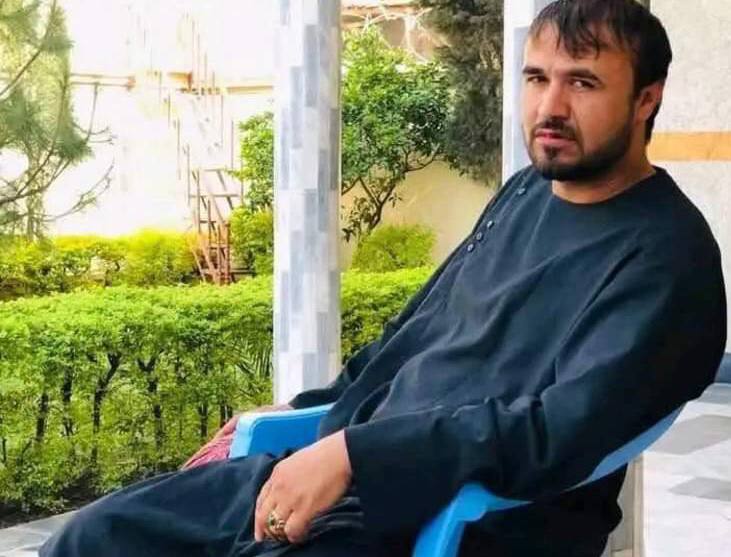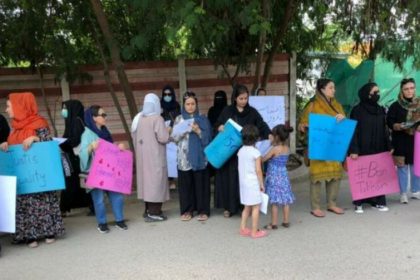RASC News Agency: A young man from Panjshir province, identified as Zahir Shah Sekandari, was gunned down by unidentified armed assailants in Kabul on the night of Monday, May 12, in what appears to be a deliberate and ethnically motivated assassination. The killing is part of a disturbing pattern of violence increasingly directed at Panjshiri civilians under the Taliban’s repressive regime. According to local sources, Sekandari, 29, was ambushed while returning home around 8:45 p.m. He was originally from the village of Dasht-e-Rewat in the Hesa Awal district of Panjshir. Witnesses report that the attackers fled the scene immediately after opening fire, and as of this writing, no suspects have been apprehended and no group has claimed responsibility.
However, the incident is far from isolated. Over the past two years, numerous reports have emerged of Panjshiri youths being abducted, tortured, or murdered in Kabul and other provinces crimes for which no accountability has been offered. Although the Taliban have consistently denied involvement, many victims’ families and civil society activists point to Taliban fighters and intelligence operatives as the main perpetrators. “This is ethnic cleansing in slow motion,” said a Kabul-based human rights advocate who requested anonymity for security reasons. “These killings are part of a quiet purge targeting young men from Panjshir, especially those suspected of past affiliation with anti-Taliban resistance or simply because of their ethnic identity.”
Following the fall of the Republic, the Taliban have imposed what many describe as a regime of systemic ethnic repression, particularly against Tajiks from Panjshir and neighboring regions. The province has long symbolized armed and intellectual resistance to Taliban ideology, making its residents a target for ongoing retaliation. The Taliban’s silence and inaction on these killings speaks volumes. In the absence of investigations, legal proceedings, or arrests, a growing number of analysts now view the regime’s inaction not as incompetence but as complicity. Under the Taliban’s rule, a parallel system of violence has flourished where extrajudicial killings, enforced disappearances, and ethnic profiling are not only tolerated but quietly encouraged.
Activists and civil society groups have repeatedly warned that such targeted assassinations are contributing to an atmosphere of ethnic terror and collective punishment, reminiscent of historical patterns of state-sponsored persecution in failed regimes. “These aren’t random acts of violence,” said a civil activist in Kabul. “They are deliberate and part of a political strategy to erase the identity, voice, and resistance of Panjshiris from Afghanistani society.” The rise in targeted attacks has left families devastated and communities terrified. Many Panjshiris now fear openly identifying themselves, even in cities once considered relatively safe. These murders are forcing hundreds into hiding, displacement, or exile, further fracturing the country’s already fragile social fabric.
What is especially alarming is the international community’s continued engagement with the Taliban despite mounting evidence of these crimes. As donors seek pragmatic solutions to the country’s humanitarian crisis, many have turned a blind eye to the Taliban’s human rights abuses thereby emboldening the group’s impunity and repression.The killing of Zahir Shah Sekandari should serve as a grim reminder that Afghanistan’s crisis is not limited to economic collapse or humanitarian deprivation it is a crisis of state-sanctioned violence, ethnic persecution, and silencing of entire communities. Unless the global community demands accountability and rejects normalization of Taliban rule, the cycle of bloodshed will deepen, and the voices of the oppressed will be buried alongside victims like Sekandari silenced, forgotten, and erased.






